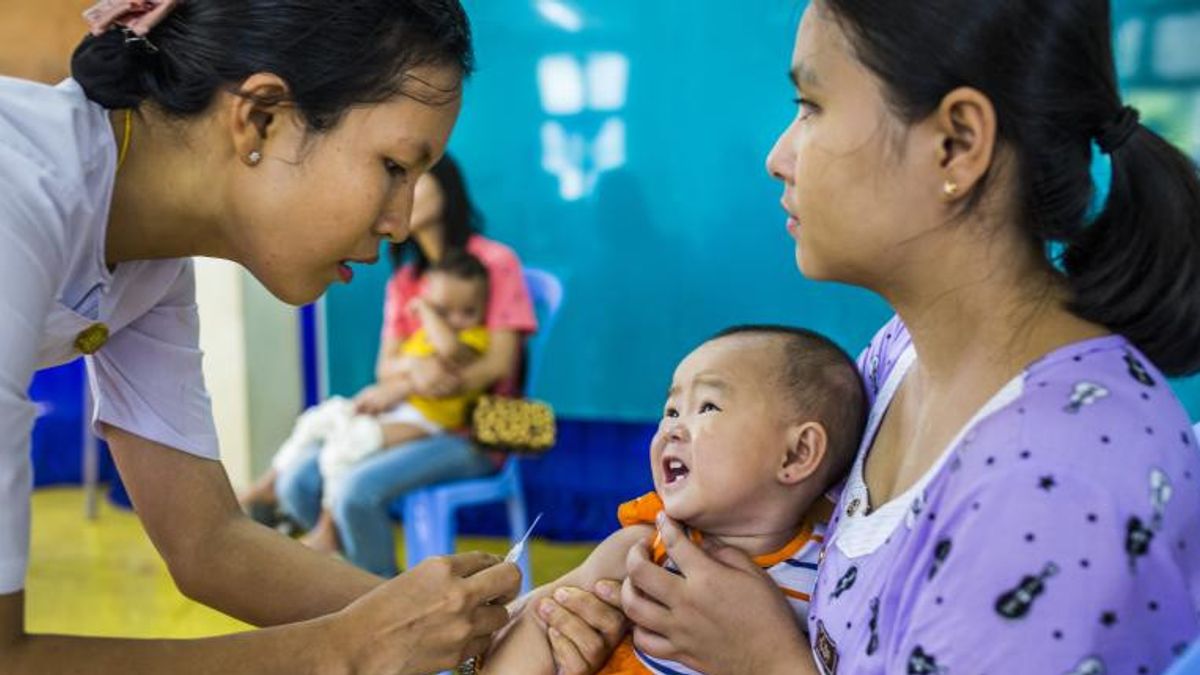JAKARTA - Measles in children has increased by 400 percent in Africa in recent months in 2022.
"If we don't catch up with vaccinations quickly and urgently, we will definitely see more outbreaks," said Ephrem Tekle Lemango of the United Nations Children's Fund (UNICEF).
For many diseases, more than 90 percent of children need to be vaccinated to prevent outbreaks. He said Yemen and Afghanistan were among the countries with large and disturbing outbreaks of measles in recent months.
By 2021, 24.7 million children missed the first dose of the measles vaccine, and another 14.7 million did not get the second dose, data show. Coverage was 81 percent, the lowest since 2008. The figure was calculated using data from national health systems in 177 countries.
Some 25 million children worldwide last year missed routine vaccinations that protect against life-threatening disease, as the impact of the pandemic continues to disrupt global health care.
That's two million more than in 2020, when COVID-19 caused a worldwide lockdown, and six million more than it was before the pandemic in 2019, according to new data from UNICEF and the World Health Organization (WHO).
UNICEF describes the decline in vaccination coverage as the largest continuing decline in childhood vaccination in a generation.
Many had hoped that 2021 would recover after the first year of the pandemic, but the situation has actually worsened.
"This is a child health crisis," UNICEF senior immunization specialist Niklas Danielsson told Reuters.
The agency said the focus on the COVID-19 immunization campaign in 2021, as well as the economic slowdown and pressure on the health care system, had hindered a faster recovery for routine vaccinations.
Coverage declined in each region, estimated using data on taking three doses of the diphtheria, tetanus, and pertussis (DTP3) vaccine and including children who did not receive the vaccine at all and those who did not receive the three doses required for protection. Globally, vaccination coverage fell 5 percent to 81 percent last year.
According to the data, the number of "zero dose" children, i.e. who did not receive any vaccinations, rose 37 percent between 2019 and 2021, from 13 to 18 million children, mostly in low- and middle-income countries.
The English, Chinese, Japanese, Arabic, and French versions are automatically generated by the AI. So there may still be inaccuracies in translating, please always see Indonesian as our main language. (system supported by DigitalSiber.id)








